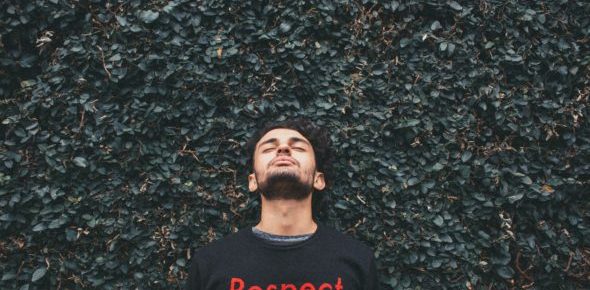
What are the first signs of HIV? How can I tell if I have it?
Great question! Like with many other sexually transmitted infections (STIs), the most common symptom is no symptom at all. This means that the only way to know for sure whether you have human immunodeficiency virus (HIV) is to get tested.
That being said, some people have symptoms similar to the flu around 2-4 weeks after they get HIV. These include:
- Fever
- Chills
- Sore throat
- Tiredness
- Night sweats
- Achy muscles
- A rash
- Painful sores in your mouth (aka mouth ulcers)
- Swollen lymph nodes (which you can feel them just under your jaw)
Sometimes, these symptoms go away after a few days. Other times, they last several weeks. During this time, most HIV tests will come back negative—it can take 3-12 weeks for tests to pick up on the virus. If you’re worried you might have HIV, talk to your healthcare provider. If it’s been 3 days or less since you were exposed, taking PEP can help keep you from getting HIV.
Keep in mind that many people do not have any symptoms until years after they first get HIV. That’s why we encourage everyone who’s sexually active to get regularly tested! Talk to your healthcare provider about how often is right for you.
If you need a refresher, HIV attacks your immune system, which fights off diseases and infections.
Over time, this can lead to acquired immunodeficiency syndrome (AIDS), which is very serious. While there is no cure for HIV, there are effective treatments to prevent it from turning into AIDS. With ongoing treatment, people with HIV can live long, healthy, normal lives.
HIV is spread through semen (ejaculate, come/cum), vaginal fluids, blood, breast milk, and anal fluids. This means that you can get HIV from…
- Having unprotected anal, vaginal or (to a lesser extent) oral sex with someone who has HIV.
- Sharing needles.
- From a mother to a baby during breastfeeding or childbirth.
Here are some other things to keep in mind:
- You CANNOT get HIV by kissing, sharing towels, or holding hands.
- If you have a partner who lives with HIV, or you’re worried about your HIV risk, talk to your health care provider about PrEP. One pill, once a day can keep you from getting HIV.
- There are a lot of myths out there about HIV. Remember that having the virus (or any other STI) says nothing about who someone is as a person.
- Learn more about HIV.
Time to get tested? If you’re 10-22 years old in NYC, stop by the Mount Sinai Adolescent Health Center for free, confidential HIV & other STI testing, PEP, and PrEP. No judgment, no charge.
If you have HIV and are 13-24 years old, call 212-731-7688 to get free, confidential HIV care, counseling and other health services at the Mount Sinai Adolescent Health Center. You’ll be welcome.


